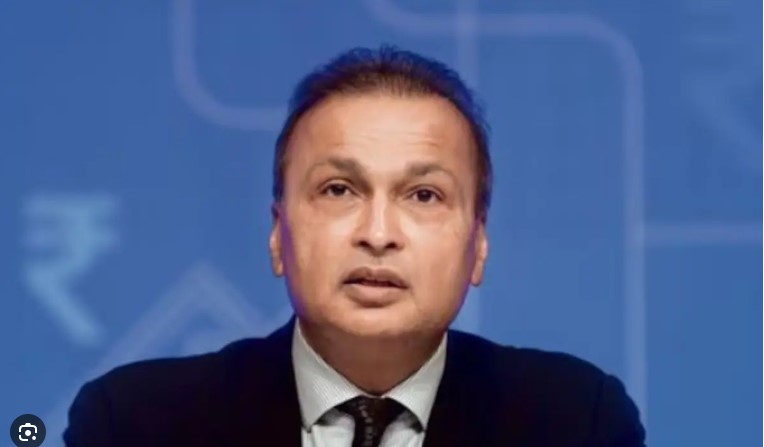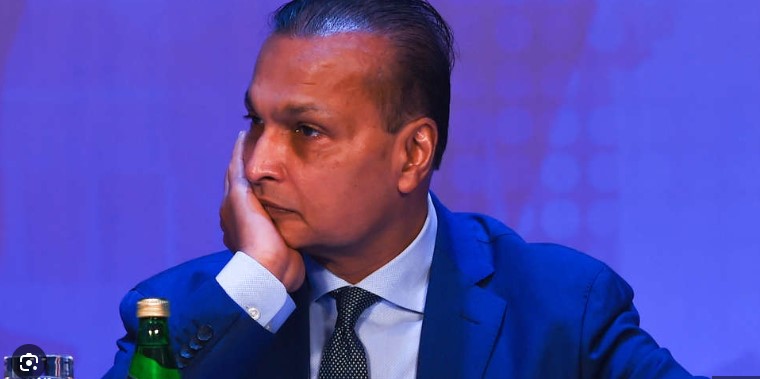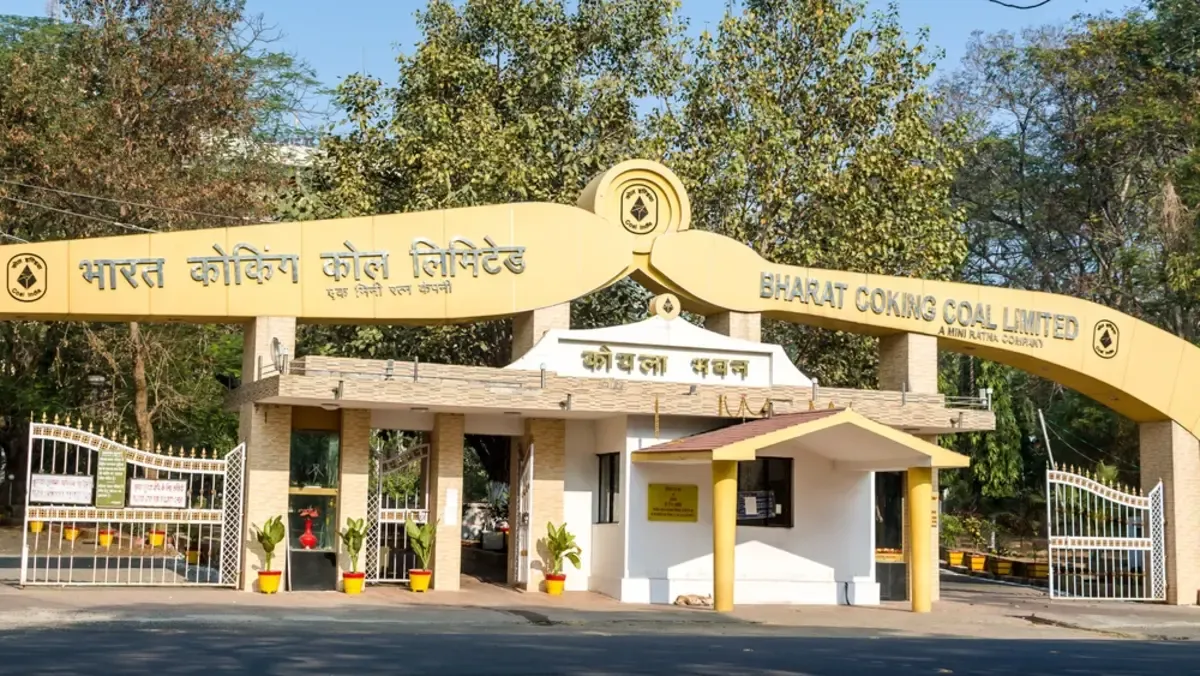Indian financial crimes agency freezes Anil Ambani Group properties worth $853 million
In a major move highlighting India’s tightening grip on corporate financial misconduct, the Indian financial crimes agency has frozen properties worth ₹75 billion ($853 million) linked to companies under the Reliance Anil Ambani Group. The decision, announced on Monday, is part of an ongoing money-laundering probe that raises serious questions about corporate governance and loan diversion practices in India’s financial sector.

The Investigation and What Triggered It
According to the Enforcement Directorate (ED), which serves as India’s primary financial crimes agency, the action stems from cases involving Reliance Communications Ltd and its affiliates. The agency alleges that between 2017 and 2019, loans exceeding $569 million were obtained from YES Bank and subsequently diverted through complex financial transactions and shell companies.
The alleged diversion of approximately ₹136 billion (roughly $1.6 billion) in public money has sent shockwaves through India’s financial and corporate communities. The ED has described this as one of the largest cases of “fraudulent diversion of public funds” in recent years.
The investigation forms part of a broader crackdown by Indian authorities to combat financial fraud, corporate malpractice, and money laundering—areas that have drawn significant scrutiny in the wake of several high-profile banking scandals.
Table of Contents
Toggle
Properties and Assets Frozen Across Major Indian Cities
The Indian financial crimes agency has imposed restrictions on residential and commercial assets connected to Anil Ambani’s companies. The list includes premium land parcels and luxury properties located in Mumbai, Delhi, and Chennai—three of India’s most valuable real estate markets.
Among the frozen assets is the Ambani family’s residence in Mumbai, which underscores the scale and seriousness of the investigation. In total, assets worth ₹75 billion have been blocked from sale, transfer, or any form of transaction until further notice.
Officials said the freeze is a preventive measure to ensure that the accused parties do not liquidate or transfer properties while investigations are underway.
Loans, Evergreening, and Shell Companies
At the center of the case is a practice known as loan evergreening—where new loans are issued to help struggling borrowers repay older debts. The ED claims that Reliance Communications and its group entities used this technique to disguise their true financial condition and continue obtaining funds from various lenders, including YES Bank.
The agency’s findings suggest that public money—particularly from loans—was rerouted through a network of shell companies controlled by or connected to the Reliance Anil Ambani Group. These entities allegedly used the funds for unrelated purposes such as investment in mutual funds, repayment of loans taken by other group firms, and transfers to related parties.
According to the ED’s official statement, such transactions violated the terms of the loan sanction letters and were “in clear contravention of banking and regulatory norms.”
This misuse of funds, the agency alleges, constitutes a deliberate attempt to launder money and conceal financial irregularities within the corporate ecosystem.
Impact on Reliance Anil Ambani Group and Its Response
Reliance Infrastructure, a flagship company within the Anil Ambani Group, has stated that the ED’s move will have “no impact” on its ongoing operations, employees, or shareholders. The company emphasized that it remains committed to transparency and cooperation with authorities.
However, other group companies have chosen not to comment publicly on the development. YES Bank, the lender at the center of the controversy, also declined to issue any statement regarding the investigation.
Financial analysts note that the move could further strain the already-troubled Anil Ambani Group, which has faced significant financial challenges over the past decade following the decline of Reliance Communications and mounting debt obligations.
A Tale of Two Brothers: Anil vs Mukesh Ambani
The case has reignited public attention on the contrasting fortunes of the Ambani brothers—Mukesh Ambani, the chairman of Reliance Industries and one of the world’s richest men, and Anil Ambani, whose empire has struggled with debt and operational setbacks.
While Mukesh Ambani’s Reliance Industries has diversified into technology, retail, and renewable energy, Anil Ambani’s ventures in telecommunications, infrastructure, and finance have faced multiple legal and financial hurdles. The latest move by the Indian financial crimes agency adds another layer of complexity to Anil Ambani’s ongoing corporate troubles.
The YES Bank Connection
YES Bank, once one of India’s fastest-growing private lenders, has been embroiled in several controversies over bad loans and risky lending practices. The ED claims that YES Bank extended large loans to Reliance Communications and other group entities that were later misused.
Investigators also allege that bribes were paid to YES Bank officials prior to the disbursal of loans. These allegations form part of a larger pattern of collusion between corporate borrowers and bank executives that regulators have been trying to eliminate from India’s banking system.
The collapse of YES Bank in 2020 and its subsequent rescue by the State Bank of India have already prompted deeper scrutiny of its lending practices. This latest case further highlights the lingering aftereffects of that financial crisis.
Government’s Stand on Corporate Accountability
The Government of India has been under increasing pressure to enforce stricter corporate compliance measures and hold executives accountable for financial misconduct. Over the last few years, agencies such as the ED, Central Bureau of Investigation (CBI), and Serious Fraud Investigation Office (SFIO) have intensified their actions against high-profile industrialists accused of defrauding banks and investors.
The Indian financial crimes agency plays a central role in enforcing the Prevention of Money Laundering Act (PMLA), and this case adds to its growing list of actions against major business groups. Officials said that the freeze on assets is an interim step and further legal proceedings will determine whether the properties can be permanently seized or released.
Samsung has also been integrating Galaxy AI features across its ecosystem, and the S25 Edge will likely be no exception. Expect improved voice assistants, camera smarts, and AI performance monitoring tools to be key selling points.
Public and Investor Reactions
The announcement of the asset freeze sent ripples through India’s financial markets. While shares of major Reliance Anil Ambani Group companies were already trading at low levels, investors expressed concern about the broader implications for corporate lending in India.
Social media discussions have been abuzz with debates over corporate ethics, political influence, and the role of enforcement agencies. Some industry experts believe that while the ED’s move is a strong deterrent against corporate malpractice, it could also dampen investor sentiment in the short term if not followed by transparent legal proceedings.
A Wake-Up Call for Corporate India
This development serves as a reminder that financial transparency and accountability are not optional in modern India’s corporate ecosystem. As regulators tighten oversight, companies are under growing pressure to maintain clean books, ensure compliance, and avoid financial engineering that masks actual liabilities.
Experts suggest that the ongoing investigation could set a precedent for how large-scale loan diversion cases are handled in the future. It may also push financial institutions to adopt stricter due diligence practices when approving loans to corporate entities.
Conclusion
The Indian financial crimes agency’s decision to freeze $853 million worth of Anil Ambani Group assets marks a significant chapter in India’s fight against financial corruption. While the final verdict of the investigation is yet to come, the case underscores the need for stronger internal controls, ethical governance, and transparent financial practices within India’s corporate sector.
As the probe continues, it remains to be seen how the Reliance Anil Ambani Group will navigate its legal and financial challenges. One thing, however, is clear—India’s financial watchdogs are no longer shying away from taking bold action, no matter how powerful the business group involved may be.
England Seal Semis Spot While New Zealand Face Fight for Survival
The Super 8 stage of the ICC T20 World Cup 2026 reaches a defining moment as England and New Zealand lock horns …
India Target Crucial Win Against Zimbabwe to Strengthen Net Run Rate and Semifinal Hopes
The Super Eight race has reached boiling point. With only a handful of fixtures left and qualification scenarios tightening by the hour, …
RCB vs GG WPL 2026: A High-Stakes Battle Awaits Tonight
RCB vs GG WPL 2026: A High-Stakes Battle Tonight The Women’s Premier League 2026 is beginning to take shape, and […]
MI W vs UP W WPL 2026 Live Match 8: Mumbai Indians Face UP Warriorz Tonight
MI W vs UP W WPL 2026 Live Match 8: Mumbai Indians Face UP Warriorz Tonight Mumbai Indians Women (MI […]
PSLV Mission Draws Attention After In-Flight Observation
PSLV Mission Draws Attention After In-Flight Observation India’s Polar Satellite Launch Vehicle (PSLV) experienced an unexpected development during its latest […]
Bharat Coking Coal IPO 2026 Opens on January 9: Key IPO Details
The Bharat Coking Coal IPO is scheduled to open for public subscription on January 9, 2026, making it the first mainboard initial …






